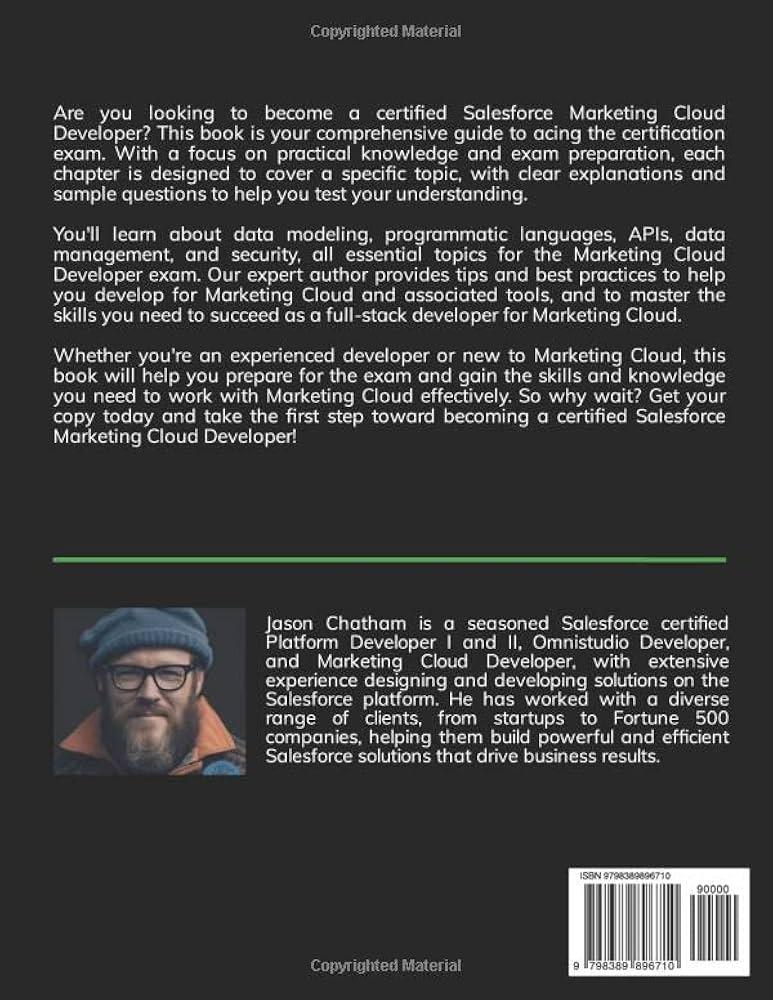South Africa Disputes U.S. Human Rights Report, Calls for Collaborative Review
The South African government has officially rejected the latest human rights report issued by the U.S. State Department, describing it as fundamentally flawed and misleading. Pretoria contends that the annual evaluation mischaracterizes the nation’s human rights landscape by omitting critical context and failing to acknowledge ongoing reforms in governance, social justice, and public welfare sectors.
This public repudiation highlights persistent friction between South Africa and the United States regarding differing interpretations of political accountability, civil liberties, and socio-economic challenges within the region.
South Africa’s Critique of U.S. Human Rights Assessment
Officials from South Africa have voiced strong objections to what they describe as a one-sided and inaccurate portrayal in the recent U.S. report on human rights conditions. They argue that it overlooks significant strides made in healthcare accessibility, educational improvements, anti-corruption campaigns, and community development programs.
The government emphasizes that selective data usage distorts reality by focusing disproportionately on isolated negative incidents while ignoring broader progress:
- Data Selection Bias: The report allegedly cherry-picks statistics without reflecting comprehensive reform efforts underway nationwide.
- Lack of Socioeconomic Context: It fails to consider historical inequalities still impacting marginalized populations across South Africa.
- Insufficient Local Engagement: The analysis reportedly excludes valuable insights from domestic civil society organizations and human rights experts actively working on these issues.
| Topic | U.S. Report Perspective | South African Government Response |
|---|---|---|
| Corruption | Description of widespread corruption with limited enforcement | Acknowledgement of challenges but highlights active investigations & reforms underway |
Diving Deeper into Disputed Issues Between Pretoria and Washington
Pretoria contests several core assertions made in Washington’s report concerning crime rates escalation, governmental responses to civic demonstrations, as well as systemic governance hurdles faced domestically.
The government stresses that these matters cannot be fully understood without appreciating underlying socio-economic disparities rooted in apartheid-era legacies still influencing present-day realities.
This complexity is often oversimplified or overlooked entirely within external assessments leading to skewed conclusions about state performance. p >
- Selective Interpretation Of Statistics : Allegations that figures are used out-of-context emphasizing weaknesses while disregarding positive trends such as declining infant mortality rates or increased school enrollment numbers nationwide.< / li >
- Misperception Of Anti-Corruption Efforts : Claims initiatives aimed at rooting out graft receive insufficient recognition despite notable prosecutions against high-profile officials.< / li >
- Simplification Of Social Complexities : Failure to incorporate historical injustices shaping current societal dynamics undermines nuanced understanding required for fair evaluation.< / li >
< / ul >< tr >< th align = "left" >Issue< / th >< th align = "left" >Pretoria’s Position< / th >< th align = "left" >Report’s Claim< / th > tr > < tr bgcolor="#fafafa">< td >Crime Rates Increase< / td >< td >Emphasizes socioeconomic drivers behind crime surge including poverty & unemployment
, ongoing community policing efforts highlighted
br > br > br > br > br > br /> td >< td >Portrays rise primarily as failure of law enforcement agencies & governance structures
br /> br /> tr >Civil Protest Management Acknowledges tensions but defends measured response balancing security with freedoms Censures excessive use of force against demonstrators t r > &n bsp;& nbsp;& nbsp;& nbsp;& nbsp;& nbsp;& nbsp;
Governance Challenges
&n bsp;
&n bsp;
Pretoria stresses ongoing institutional reforms aimed at transparency & accountability vs report highlighting persistent inefficiencies Highlights perceived stagnation & corruption undermining democratic institutions Toward Constructive Engagement: Proposals for Strengthening Bilateral Human Rights Dialogue
The path forward requires fostering an environment grounded in openness,reciprocal respect,& constructive collaboration between both governments.&emphasis strong=””> Establishing regular bilateral platforms focused on shared priorities could mitigate misunderstandings inherent in unilateral reporting mechanisms prone to political influence.
Such forums would facilitate transparent exchange backed by empirical evidence while incorporating diverse stakeholder voices including local NGOs,& affected communities ensuring more balanced evaluations reflective of ground realities.
Key actionable steps include:
- Bilateral Fact-Finding Delegations: Joint missions tasked with gathering comprehensive data directly from affected regions enhancing credibility through shared ownership.</li>
<li>Diverse Stakeholder Consultations:An Independent Oversight Committee:
Recommendation</th> Purpose</th> Anticipated Benefit</th> </thead>
<tr bgcolor=’#fcfcfc’>Bilateral Fact-Finding Missions</t d ><t d >&Collaborative evidence collection<t d >&Increased trustworthiness &amp;amp;amp;amp;amp;amp;amp;amp;; mutual confidence<t r />
Navigating Future Relations Amid Divergent Views on Human Rights
The rejection by South Africa signals deeper complexities embedded within its diplomatic relationship with the United States concerning governance standards,and social equity benchmarks.The dispute underscores how contrasting frameworks for evaluating human rights can strain international cooperation yet also opens avenues for dialogue centered around mutual respect.
Observers anticipate forthcoming interactions will test both nations’ willingness to reconcile differences through sustained engagement rather than confrontation.As global attention increasingly focuses on equitable development models,the evolution of this bilateral discourse may serve as a blueprint for other countries grappling with similar tensions over sovereignty versus universal norms.
Ultimately,the challenge lies not only in critiquing shortcomings but collaboratively crafting solutions responsive to each country’s unique history,culture,and aspirations toward justice.
- Bilateral Fact-Finding Delegations: Joint missions tasked with gathering comprehensive data directly from affected regions enhancing credibility through shared ownership.</li>

